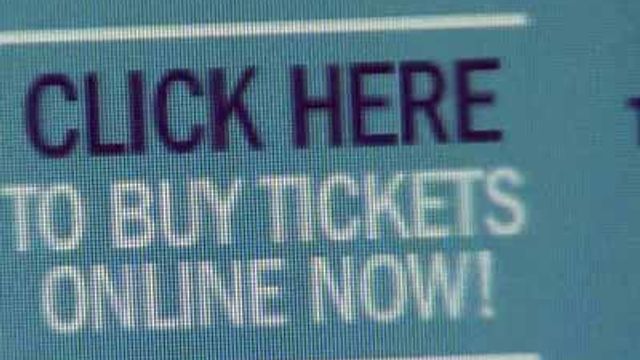Do Not Track button to appear on Internet browsers
No matter what you search online, someone is watching your every move.
Posted — UpdatedNo matter what you search online, someone is watching your every move.
Amanda Grund sees proof all the time. She uses her iPhone for instant updates from the NBA, and almost instantly, basketball ads pop up on her web browser.
"Everybody has your information. What can you do?" Grund said.
Federal officials agree.
The Federal Trade Commission has recommended the creation of a "Do Not Track" tool to let consumers curb advertisers from studying their online activity to target ads.
On Thursday, an alliance representing Google, Yahoo, AOL and other leading ad-delivery companies committed to adopting the Do Not Track technology when it is built into Web browsers, something expected this year. The FTC could punish violators.
But it doesn't exactly mean what we might think. While those companies won't use the information to send customized ads, they will still track our Internet habits for market research and product development.
The American Civil Liberties Union calls it a start.
"Now, they have to take the next step by making it really meaningful by making 'do not track' actually mean you won't be tracked," ACLU legislative counsel Christopher Calabrese said.
Copyright 2024 by WRAL.com and the Associated Press. All rights reserved. This material may not be published, broadcast, rewritten or redistributed.





